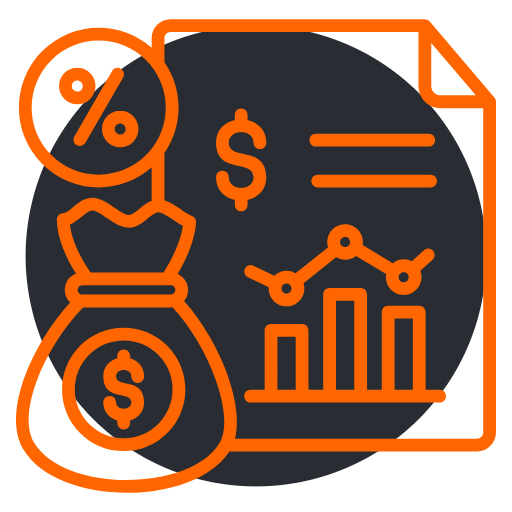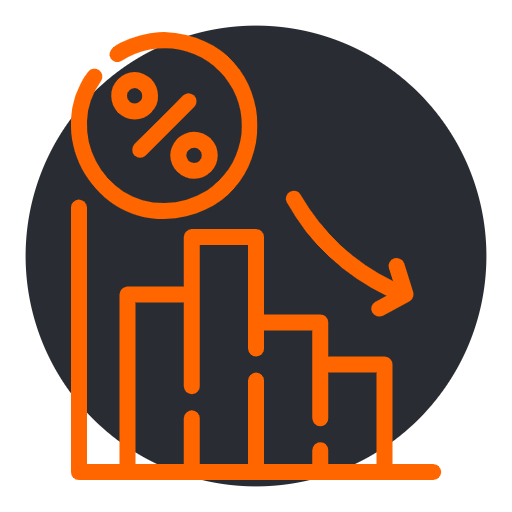What is Self-Employed Mortgage?
A self-employed mortgage is a home financing solution tailored for individuals who earn income through freelancing, contract work, or running their own business—rather than receiving a regular salary from an employer. These mortgages are specifically designed to accommodate the unique income structures and documentation challenges that self-employed borrowers often face.
Unlike traditional mortgage applicants with consistent pay stubs, self-employed individuals typically report income that fluctuates and may appear lower on paper due to business deductions and expenses. Self-employed mortgage programs take these factors into account, offering greater flexibility in how income is assessed—often looking beyond just net income or standard tax returns.
This type of mortgage is ideal for small business owners, sole proprietors, consultants, freelancers, contractors, and incorporated professionals who draw a salary from their own corporation. However, those who receive income exclusively through dividends may face different qualification criteria.
Benefits
Why Getting a Mortgage Is Different for the Self-Employed
Traditional lenders rely on stable income, pay stubs, and job letters—but self-employed individuals often have:
- Irregular or seasonal income
- Large tax write-offs that reduce taxable income
- Business deductions that make net income appear lower
That’s why self-employed applicants are often unfairly penalized.
Learn more from CMHC Self-Employed
3 Powerful Ways to Qualify for a Self-Employed Mortgage
1. Use Stated Income Programs
Many lenders offer stated income programs for business owners. These programs focus more on your business’s health than personal tax returns.
2. Show Business Bank Statements
If your personal income looks low, your business bank activity can be used to prove your ability to repay.
3. Work with an Alternative or Private Lender
If banks say no, mortgage brokers can connect you with alternative or private lenders who specialize in self-employed mortgages.
Internal Resources to Help You Get Started
Use our Mortgage Affordability Calculator
Estimate insurance premiums with our CMHC Calculator
Contact us to get pre-approved today
FAQs
How do I qualify for a self-employed mortgage in Canada?
To qualify for a self-employed mortgage, you’ll typically need to provide business bank statements, personal tax returns, and possibly financial statements. Lenders will also consider the stability of your income, your credit score, and your overall financial health to assess your eligibility.
Are mortgage rates higher for self-employed borrowers in Canada?
Mortgage rates for self-employed individuals can sometimes be slightly higher due to the perceived risk of variable income. However, your credit score, down payment, income documentation, and the lender’s mortgage policies all play a role in determining your final rate. With strong financials, many self-employed borrowers still qualify for competitive rates.
Can I qualify for a self-employed mortgage with low income in Canada?
Yes, it’s possible to get a self-employed mortgage with low income, especially if you have a strong credit score and a larger down payment. Some self-employed mortgage lenders use alternative income verification methods—like business bank statements or projected earnings—to assess your financial stability and help you qualify.
Can I use business income to qualify for a self-employed mortgage in Canada?
Yes, you can use your business income to qualify for a self-employed mortgage. Traditional lenders often review net income reported on your tax returns, while some alternative mortgage lenders may accept gross income or assess business bank statements. Providing strong, consistent financial documentation improves your chances of approval and shows income reliability.






